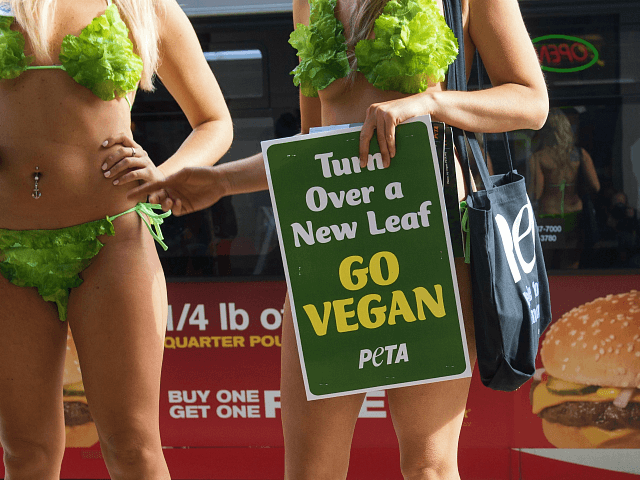An animal rights activist has won a case of wrongful dismissal by his former employer over his “ethical veganism”. The tribunal judge had earlier ruled that his dietary preference was a philosophical belief and deserved protection from discrimination like other ‘protected characteristics’ like faith, race, or sexual orientation.
The League Against Cruel Sports had initially claimed that it fired Jordi Casamitjana for misconduct after he had emailed colleagues to tell them that the charity’s pension fund invested in companies that tested on animals, advising them how to change their pensions — despite being warned not to do so by his superiors. The employment tribunal was meant to face its second week this week; however, the charity said on Monday that Casamitjana was right and agreed to settle.
The League said in a statement on Monday: “We are happy to make clear that Mr Casamitjana was a very valued employee of the League during the two periods he worked with us, showing a great deal of professionalism, expertise and commitment to the protection of animals.
“The only reason for the dismissal of Mr Casamitjana in 2018 was his communications to his colleagues in relation to our pension arrangements.
“Having revisited the issue we now accept that Mr Casamitjana did nothing wrong with such communications, which were motivated by his belief in ethical veganism.
“We are grateful to Mr Casamitjana for having raised the issue of pensions to us, which allowed us to change our default pension fund to an ethical one closer to our values.”
Spanish-born Casamitjana said in comments reported by The Times that he was “extremely happy” with the tribunal’s conclusion, adding: “The case has established that ethical vegans are protected from discrimination, and I have received the acknowledgement I sought that my dismissal was based on my ethical veganism, and was not justified or justifiable.”
Vegan Society Tells Bosses to Police Jokes, Give Vegans Own Fridge Shelf at Work https://t.co/bMvrpfac5B
— Breitbart London (@BreitbartLondon) February 20, 2020
Ethical vegans distinguish themselves from regular vegans by not only avoiding eating meat and animal products, but abstaining from all forms of ‘animal exploitation’, including clothes made of wool or leather and products or services that were involved in using animals, including animal testing.
“This has been a great victory for all ethical vegans and animal protection,” Mr Casamitjana said.
The case made headlines in January when Judge Robin Postle stated that ethical veganism is on a par with a religion, as protected under the Equality Act 2010, saying: “I am satisfied overwhelmingly that ethical veganism does constitute a philosophical belief.”
On Monday, Casamitjana’s barrister Chris Milsom said: “There are many lessons to be learnt here both for the League and more widely to ensure that those guided by protected beliefs are accommodated and valued in the workplace.”
Animal rights lobbyists seized upon the definition, with the Vegan Society releasing in February guidance for employers in how to “foster” a safe and “positive atmosphere” for vegans at work. The document recommended vegans being given the top shelf of the office fridge to themselves to protect their food from animal products and suggested that managers police jokes about veganism lest someone in earshot be offended.
The Vegan Society instructed businesses to view veganism like a faith, when assessing whether a joke was hate speech, saying: “One way of assessing whether a co-worker has gone too far with comments to or about vegans is to consider what type of conversational behaviour would be deemed offensive to other individuals with protected characteristics, such as those who adhere to certain religious values.”
Veganism Bad for the Environment and Your Health, Say Farmers https://t.co/SaAxyxYlFn
— Breitbart London (@BreitbartLondon) February 12, 2020

COMMENTS
Please let us know if you're having issues with commenting.